Inside Daisy Clover (1965)
“You live in a world of your own; that’s your trouble.”
|
Synopsis: |
|
Genres, Themes, Actors, and Directors:
Review: The opening sequences showing Daisy’s existence on “Angel Beach” with her delusional mother — Gordon’s career was jump-started from this film — make good use of this authentic setting (actually Santa Monica), but are over-the-top in their portrayal of QUIRKINESS. Once Daisy arrives in Hollywood, the contrast between her ramshackle beach upbringing and the austerity of the studios couldn’t be more stark. Indeed, her time with Swan Studios eventually takes on the air of a horror show, with Plummer’s wife (Katharine Bard) hovering protectively nearby (secrets and a breakdown await): … Daisy’s musical numbers surreally garish: … and Plummer (fresh from his career-altering role in The Sound of Music) becoming increasingly menacing as the storyline progresses. It’s not clear what part Daisy’s (much) older sister Gloria (Betty Harford) really plays in the proceedings; all we know is that she’s “taken a powder” from their family but somehow has significant clout in Hollywood. Also popping up on the periphery is Roddy McDowall’s Walter Baines, a quiet assistant to Plummer who we learn pretty much nothing about (but his real-life status as a former child actor says a lot). It’s too bad Redford wasn’t comfortable openly playing his character as gay or bisexual; this would likely have added much more interest and sincerity to their complex relationship. While it has some diehard fans who stick up for it ferociously, Inside Daisy Clover really is an odd duck and a missed opportunity. Notable Performances, Qualities, and Moments: Must See? Links: |
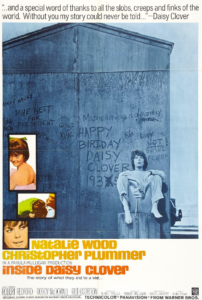
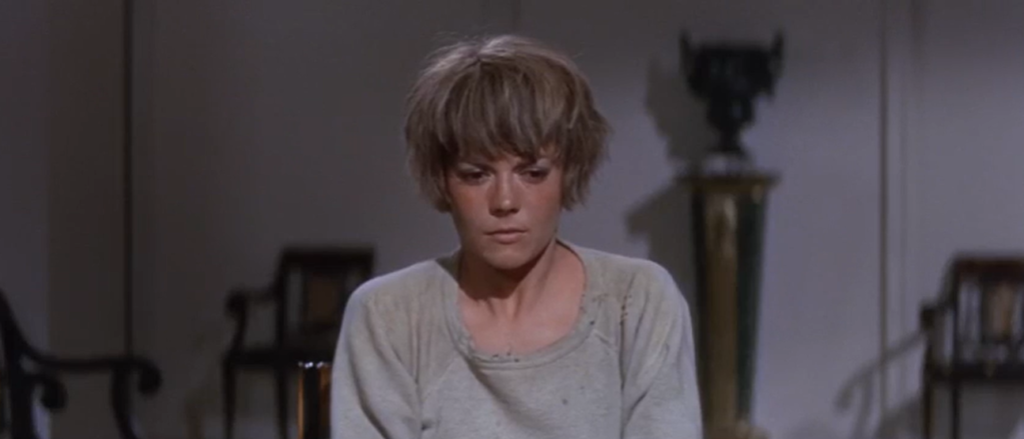
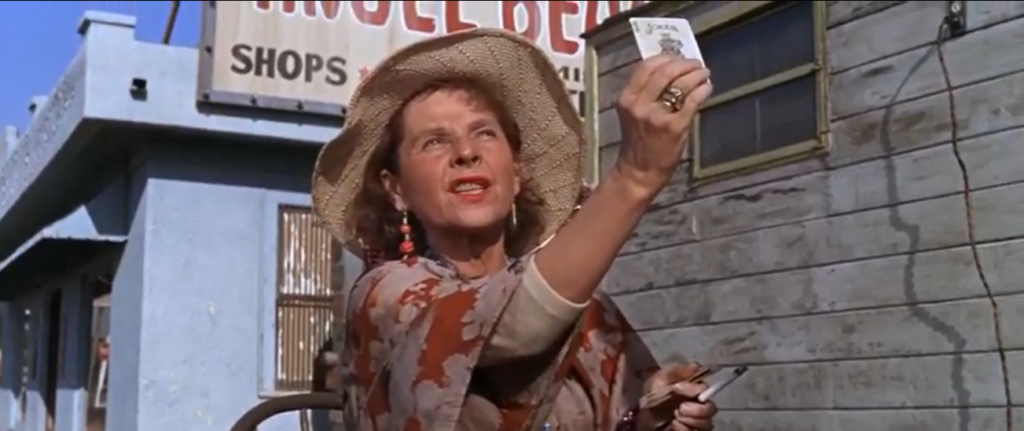
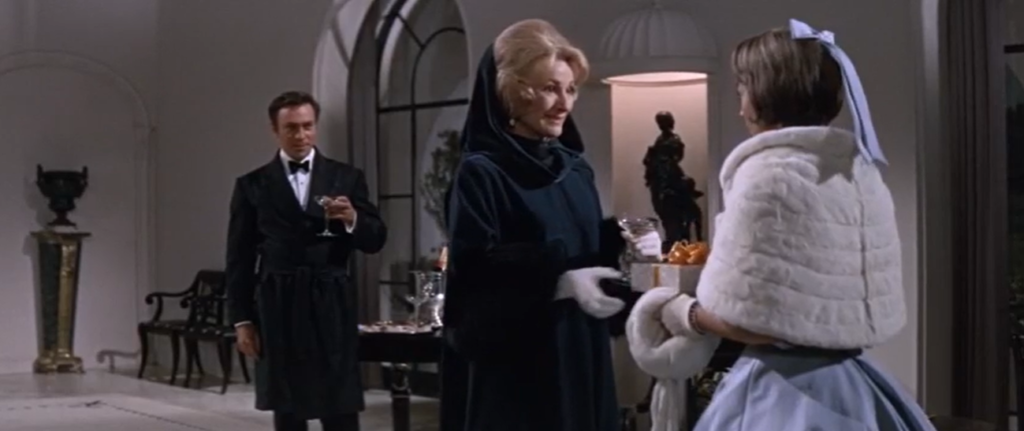
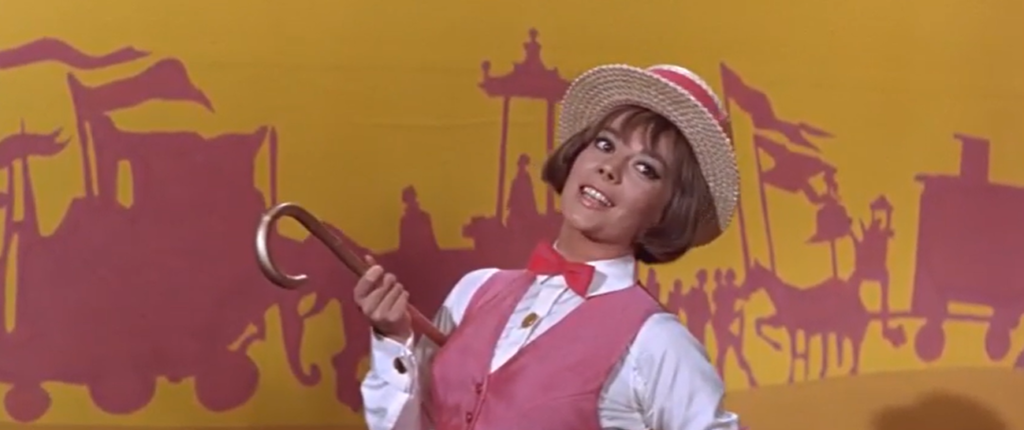
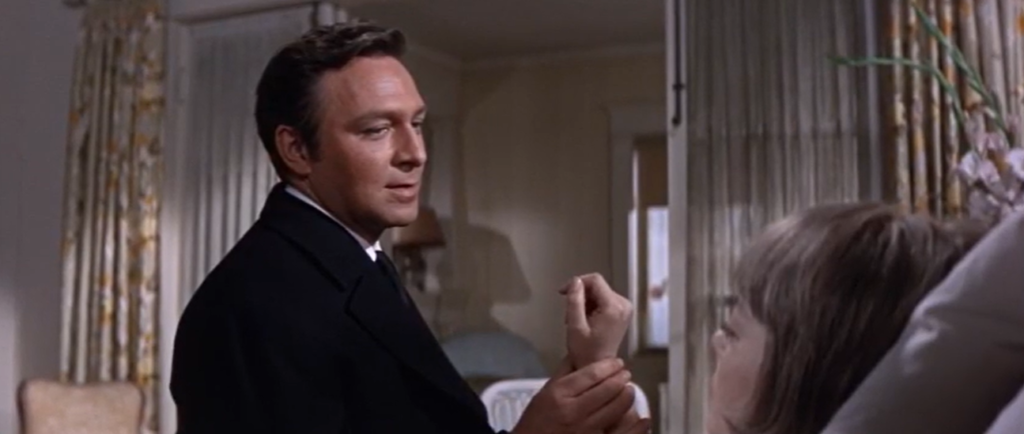
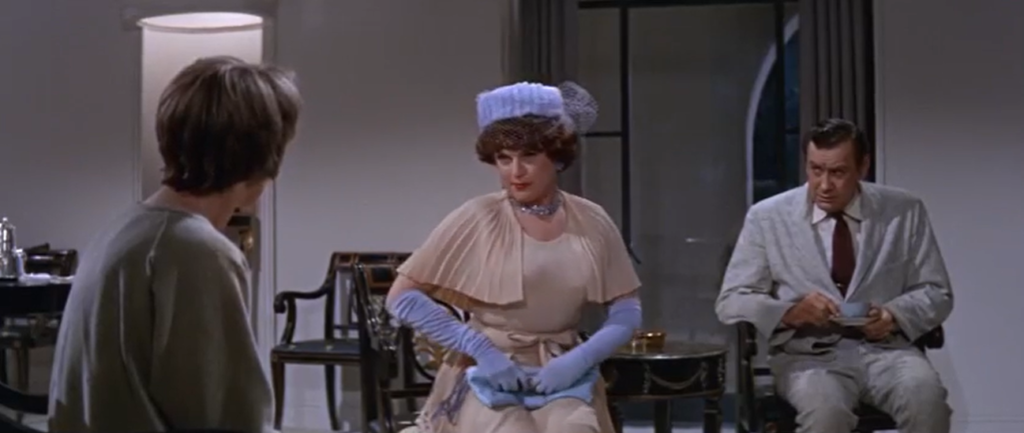
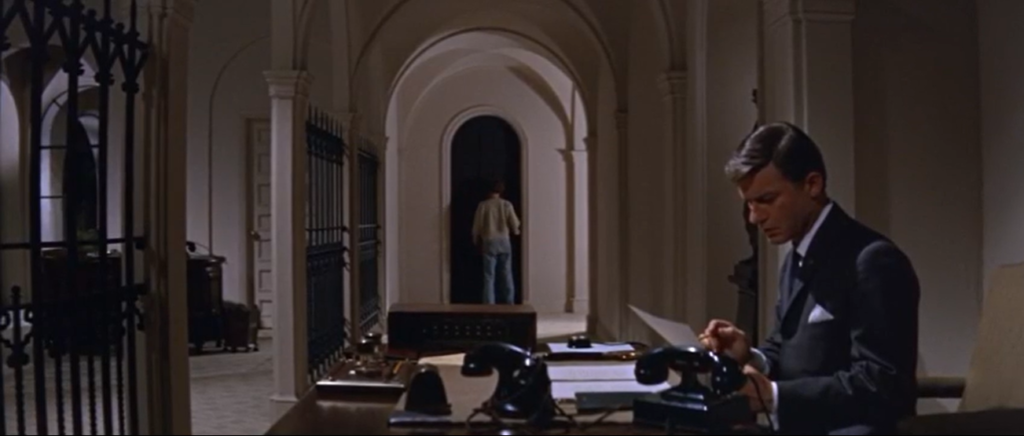
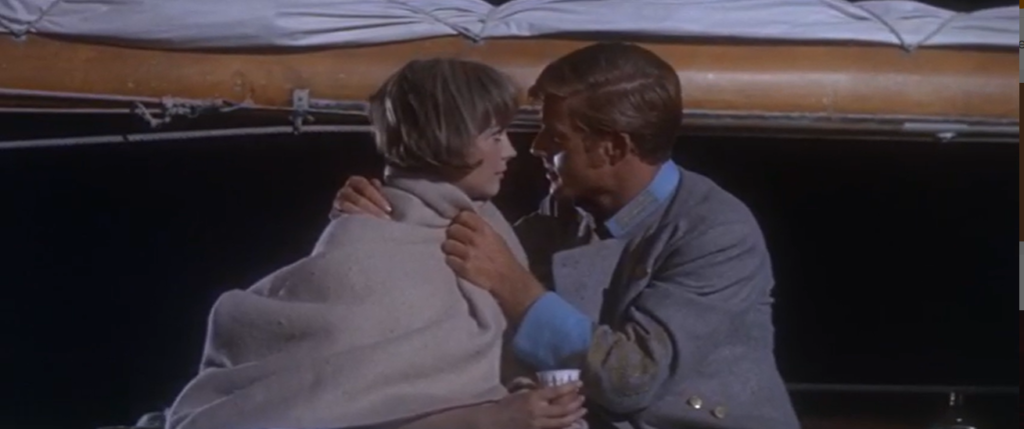
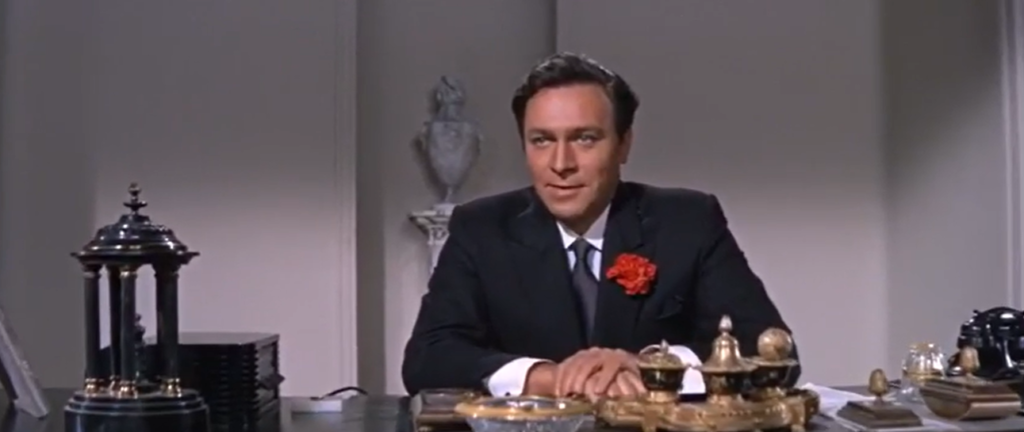
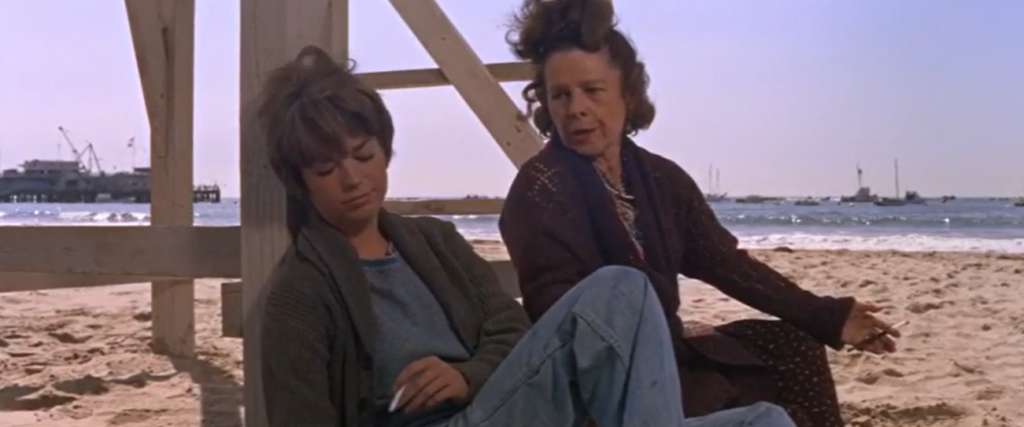
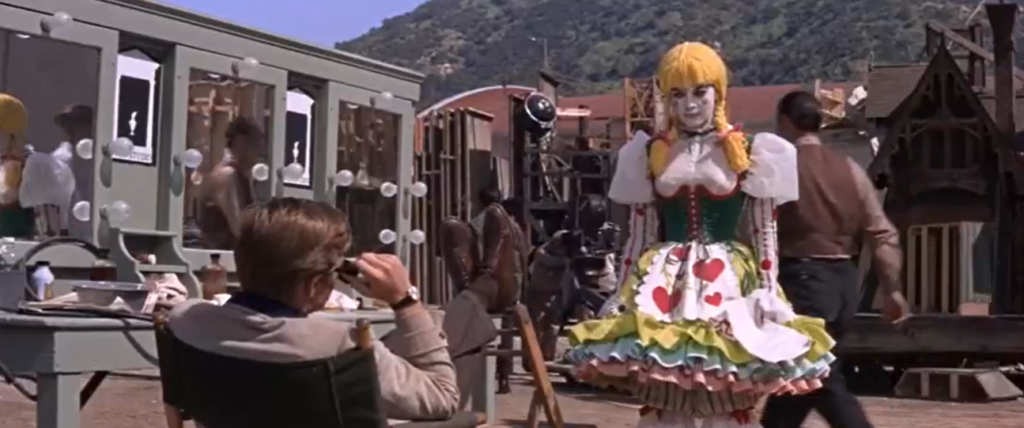
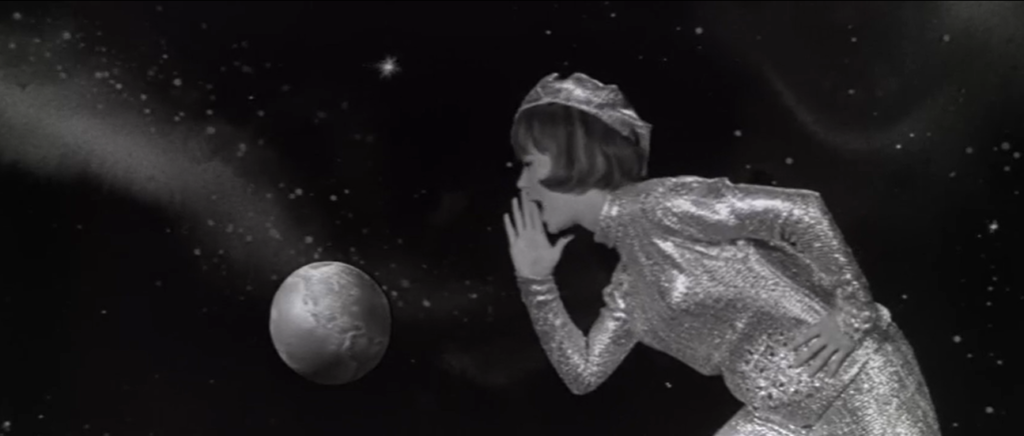
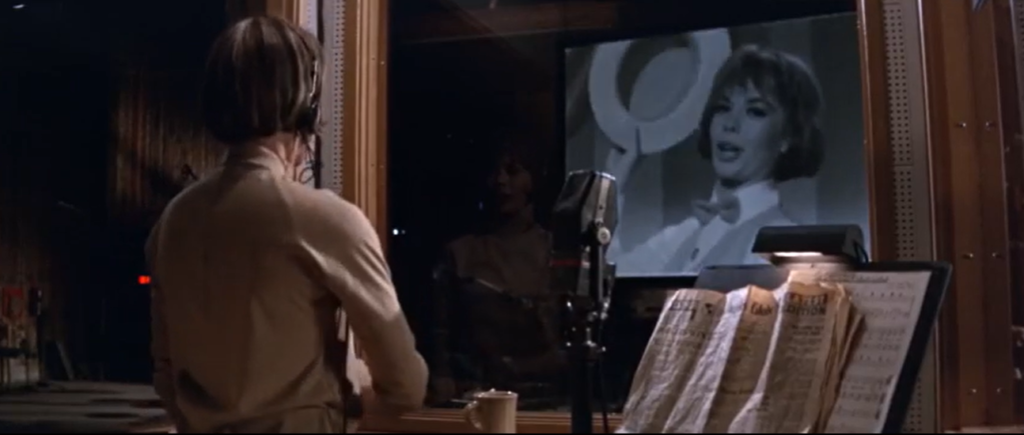
One thought on “Inside Daisy Clover (1965)”
Rewatch 8/10/20. Not must-see, although Plummer holds some weird fascination for those who want to check this out for its cult status. As posted in ‘Revival House of Camp & Cult’ (fb):
“There’s more where you came from.”
‘Inside Daisy Clover’: Although I never read the Gavin Lambert novel this film is based on, Lambert wrote the screenplay himself, so we can imagine the content – nips and tucks aside – is intact. Lambert’s career was submerged in Hollywood (as film critic, author, screenwriter, biographer) but one has to guess at the real motivation behind the novel.
Its ‘behind-the-scenes’ purpose appears two-fold: 1) to illuminate what it must have been like for someone like Judy Garland to be completely controlled by a studio, and 2) what it must have been like for someone like Rock Hudson to keep his on-screen image ‘Rock-solid’. The story is fiction so there are no direct references to Garland or Hudson; we fill in the blanks.
Director Robert Mulligan intended a kind of horror story about the ‘meat-racket’ aspect of Tinseltown: the value of stars’ lives is commensurate with box office. Still, the film (a bomb which gathered cult status), doesn’t seem to have the courage of its convictions: Natalie Wood’s Daisy (at 27, Wood was playing a 16-year-old, not convincingly) doesn’t have much of Garland’s fragile quality, so studio head Christopher Plummer seems less cruel; Robert Redford’s Wade Lewis seems less gay (Redford insisted that his gay character be seen as more heterosexually bisexual).
But there are camp bits to savor. As Plummer’s wife (and Redford’s ex-lover – who tells Wood, “Your husband never could resist a charming boy!”), Katherine Bard has a fake phone call with an imaginary bf: “Of course I know you’re not Wade; you’re the new number!” (‘Number’?! Who is she all of a sudden – John Rechy?!) And, as Wood’s sister Gloria, Betty Harford semi-channels Mercedes McCambridge in ‘Suddenly, Last Summer’.
This is a movie that should have been tougher – and with much better dialogue. Oddly, both Redford and Ruth Gordon (as Wood’s mom) won Golden Globes. But it’s Plummer that walks away with the film.
[Sidebar: Dory Previn’s lyrics to ‘You’re Gonna Hear From Me’ are about as cringingly awful as the lyrics she wrote for ‘I’ll Plant My Own Tree’ (for ‘Valley of the Dolls’).]